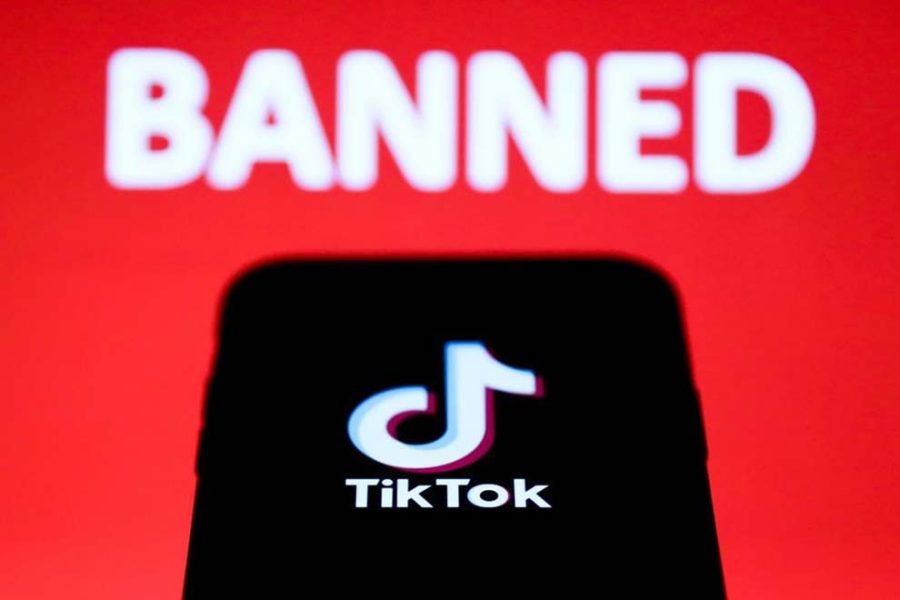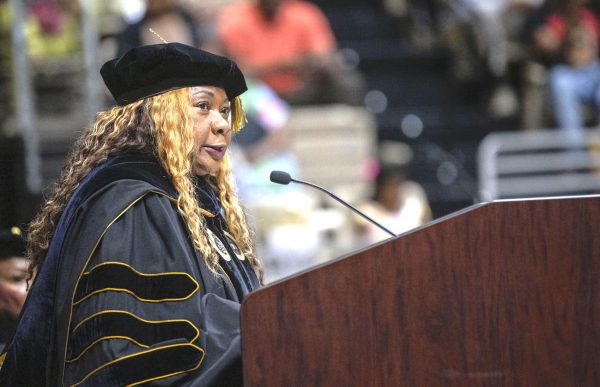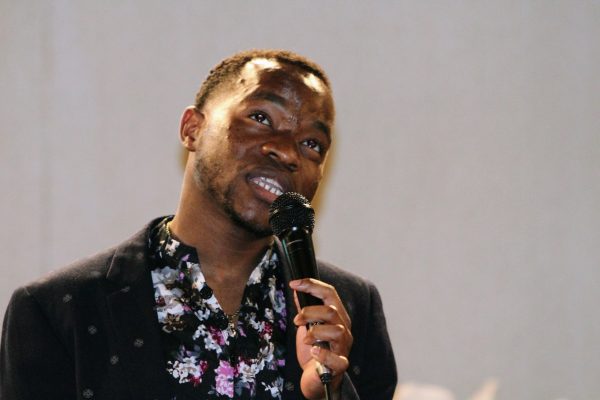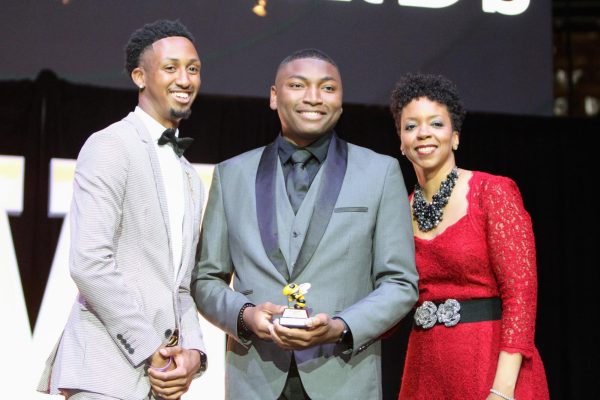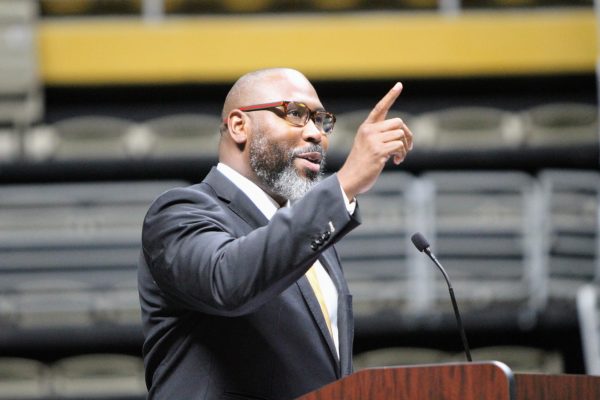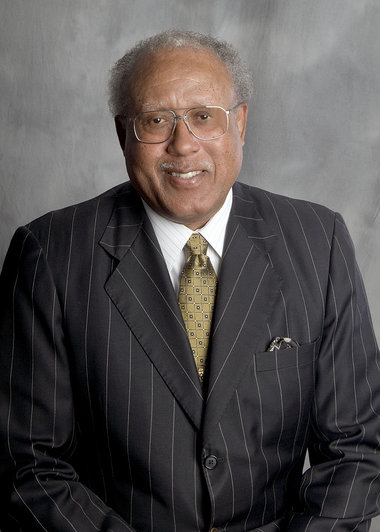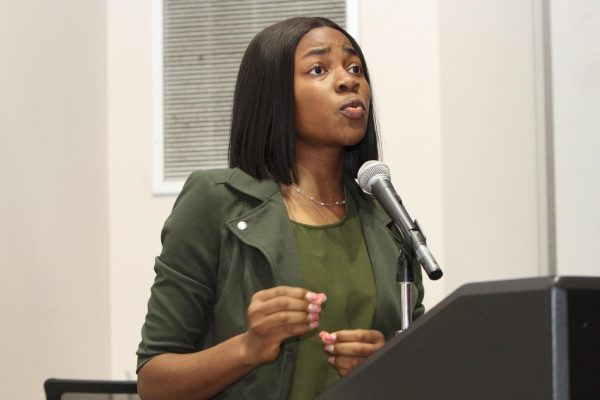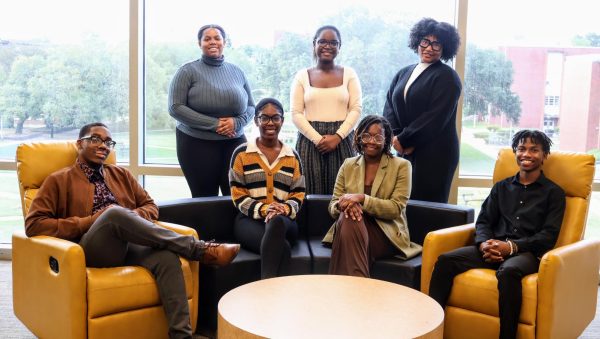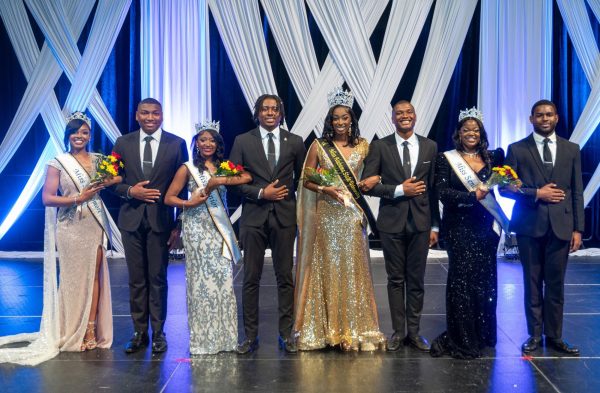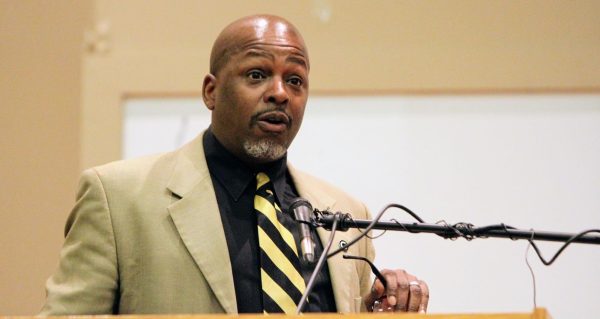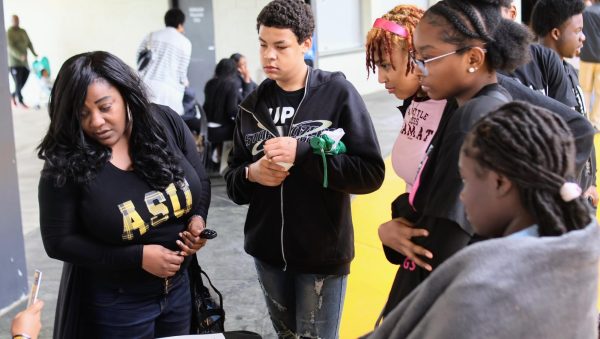Students respond to Gov. Ivey’s ban of TikTok
January 22, 2023
Alabama State University banned the controversial app TikTok following Gov. Kay Ivey’s decision to remove the app from state devices and networks.
Ivey issued a decree banning TikTok on Dec. 12 in a memo to state agency heads that she was instituting the ban “to protect the state and Alabamians’ sensitive data from Chinese infiltration activities.”
“Protecting the state of Alabama and our citizens’ right to privacy is a must, and I surely don’t take a security threat from China lightly,” Ivey said. “After we discussed this with our [Office of Information Technology] secretary, I came to the no-brainer decision to ban the use of the TikTok app on our state devices and network.”
With more than one billion users, TikTok – owned by the Chinese company ByteDance – is one of the world’s most popular social networks. Since its inception in 2018, American lawmakers have been raising a number of concerns about the app’s security practices.
On Jan. 6, Alabama State University sent out an email informing students that TikTok would be banned on their Wi-Fi. Some students were devastated upon hearing about the ban. Others did not mind and have found ways around the ban
Jada McKee, an influencer on TikTok has 586,700 followers on the app.
“I just use my data since the school’s Wi-Fi is blocking the app,” McKee said.
Ramarrion Dorsey, an aspiring influencer, has 13.9k likes and 500 followers. He questions the effectiveness of the ban and warns about the potential damage it could have.
“I think the process of not allowing our youth to use social media in a society where in order to reach any type of stardom you need to have a social media presence is a disgrace,” Dorsey said.
JayMoe Butler, a Tik Tok influencer has 64.0 followers and 1.5 million likes.
“I feel like ASU does not want me to post my content on TikTok because I post about Alabama State Univesity as a whole and what the university needs to renovate their dormitories,” he said.
TikTok representatives said they were dismayed by the restrictions.
“We’re disappointed that so many states are jumping on the political bandwagon to enact policies that will do nothing to advance cybersecurity in their states and are based on unfounded falsehoods about TikTok,” said Jamal Brown, a spokesman for TikTok.
“We’re especially sorry to see the unintended consequences of these rushed policies beginning to impact public universities’ ability to share information, recruit students and build communities around athletic teams, student groups, campus publications and more,” Brown added.
Some students question the university’s priorities in the midst of the ban.
Adaryll Lewis thinks TikTok is not nearly as troubling for it to be banned on the campus.
“Instead of ASU banning TikTok,” he said “there are many other major problems that ASU needs to work on.”


